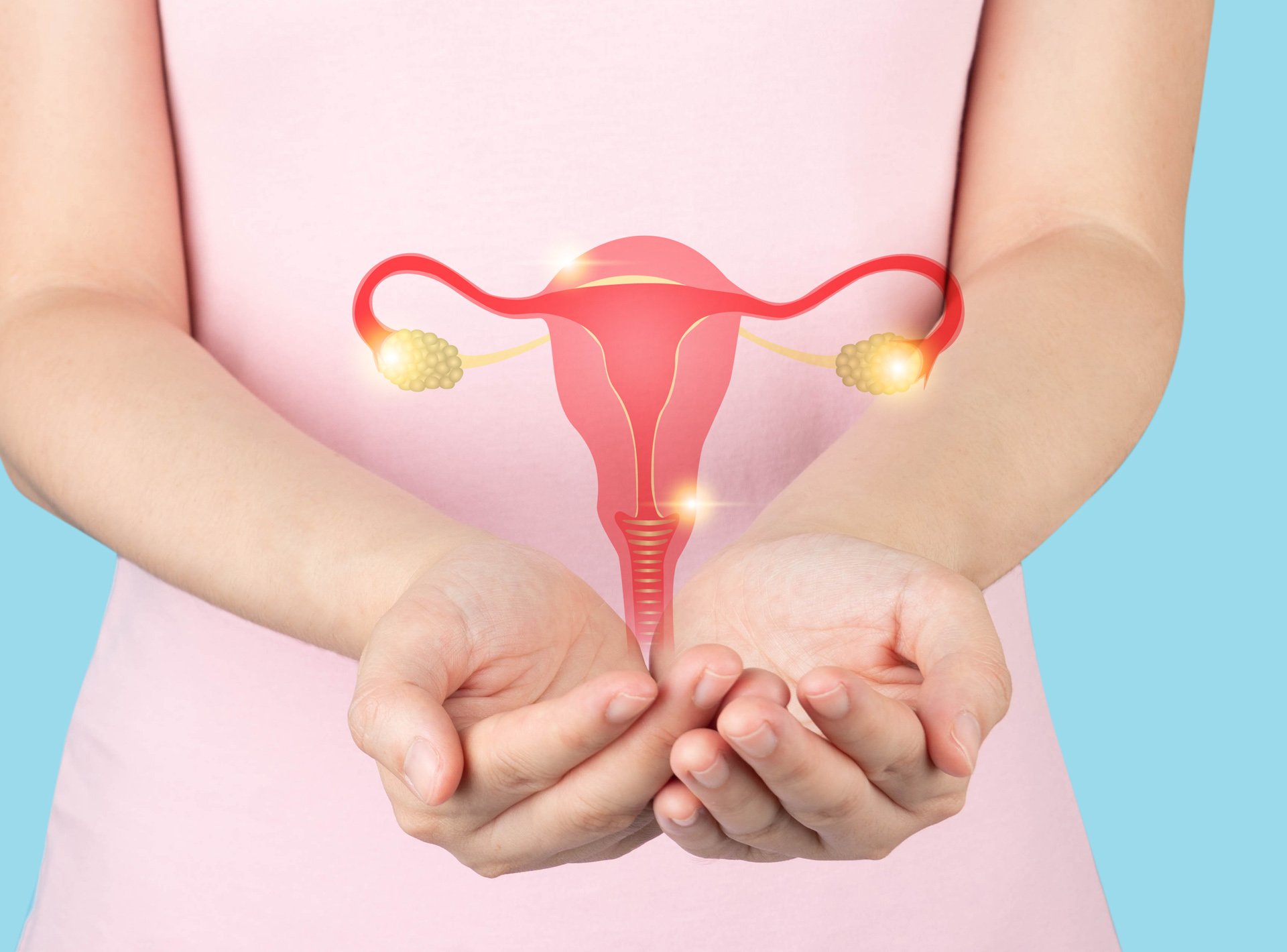 A new campaign is set to help boost cervical screening rates in WA.
A new campaign is set to help boost cervical screening rates in WA.
Cancer Council WA has launched a new campaign to improve cervical screening participation among several priority populations as the new self-collection option becomes available for eligible West Australians.
Nearly all cases of cervical cancer have been shown to be caused by the human papillomavirus (HPV), a common virus in men and women, passed through any type of genital sexual contact, which is usually cleared by the body on its own within one to two years.
However, in a very small number of women the virus remains, altering the cells of the cervix in a manner that, over a period of some 10 to 15 years, can lead to the development of cervical cancer.
Self-collection allows screening participants to take their own vaginal sample for HPV testing – this option is accessed through a healthcare provider and is set to be a game-changer for participation rates in cervical screening.
Cancer Council WA Cancer Education and Screening Manager, Melissa Treby, said access to self-collection could remove some of the cultural and personal barriers that may have discouraged some people from doing their five-yearly cervical screening test in the past.
“Currently around 64% of West Australians eligible to participate are up to date with their screening, but some priority populations have higher numbers of people who have either never screened or who do not screen regularly,” Ms Treby said.
“The option of self-collection aims to increase participation by addressing some of the barriers to participation that some people may experience, thereby contributing to an equitable acceleration in Australia’s progress towards the elimination of cervical cancer.”
Ms Treby explained that cervical screening tests can prevent the development of cervical cancer by detecting HPV early before it has the chance to cause changes at the cellular level.
“We know one of the best ways to prevent cervical cancer is regular screening. Most people who develop cervical cancer have either never screened or do not screen regularly,” she said.
“People now have the choice to collect their own sample to test for the HPV virus or can opt for the clinician collected sample.
“Both options are accurate, safe and effective ways to participate in cervical screening, so we encourage women and people with a cervix aged 25-74 to talk to their healthcare provider about which option is best for them.”
Recent evidence demonstrates that using a self-collected vaginal sample is just as accurate as a clinician-collected sample taken from the cervix during a speculum examination.
Patients are advised to get a cervical screening test every five years if they:
- are aged between 25 and 74
- have had any type of sexual contact (with any person, even of the same gender)
- are a woman / person with a cervix.
Cancer Council WA has also advised that patients should still be tested even if they:
- have had the HPV vaccines
- are not currently sexually active
- have had the same partner for a long time or only had one partner
- those who identify as LGBTIQ+
- are pregnant
- have been through menopause
- feel healthy and have no symptoms
Ms Treby highlighted that even though the current HPV vaccine protects against the nine viral strains which cause around 90% of cervical cancer in women, the vaccine does not protect against all types of HPV known to cause cervical cancer and vaccinated women still need to screen regularly.

